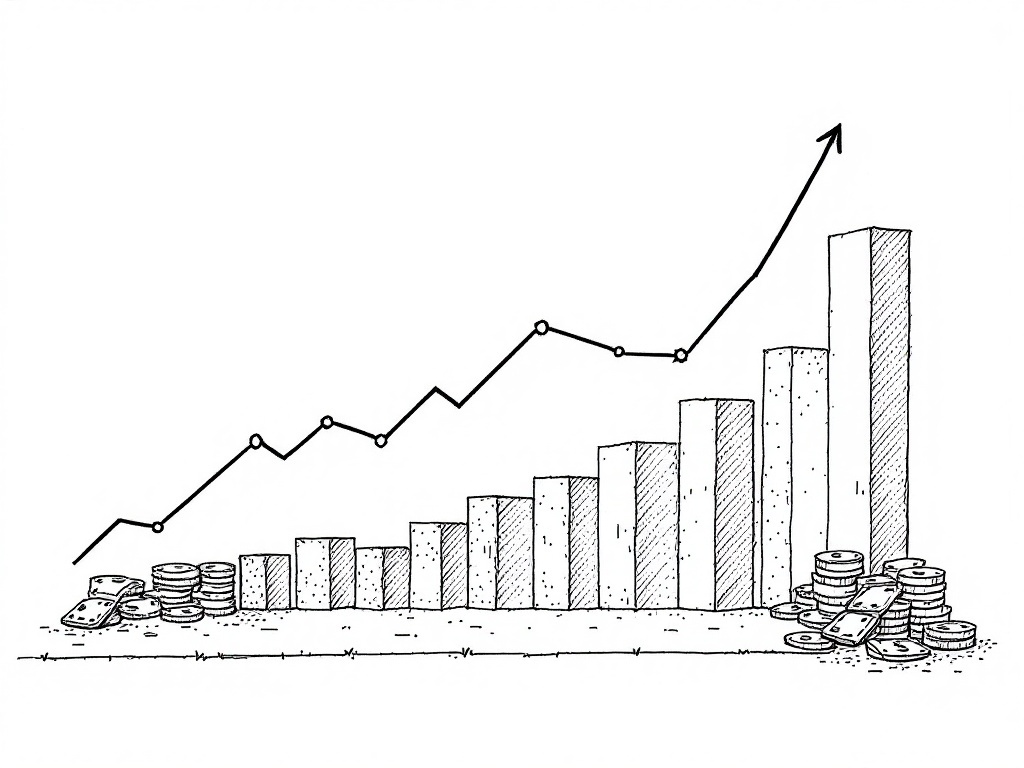Republican Budget Raises Debt Alarms with Trillions in Tax Cuts

Washington, D.C., Thursday, 24 April 2025.
The new Republican budget resolution proposes $5.3 trillion in tax cuts and $517 billion in spending increases, risking a dramatic increase in public debt and economic instability.
A Decade of Fiscal Recklessness
The budget resolution approved by Congressional Republicans outlines a plan to slash taxes by $5.3 trillion while simultaneously increasing spending by $517 billion over the next decade. Economists and experts are raising alarms about the implications such fiscal policies could have on the U.S. economy, mainly concerned about the national debt’s already precarious position, which is currently at 100% of the economy. The plan is expected to add $5.8 trillion to the deficit over this period, marking it as one of the most fiscally irresponsible frameworks in modern history [1].
Potential Debt Catastrophe
Critics argue that this budgetary approach could lead to a ‘debt bomb,’ endangering economic stability. With annual interest costs on the debt already exceeding federal programs like Medicaid, defense, and Medicare, these costs are projected to surpass Social Security within 15 years. The trajectory points to the federal debt escalating to 241% of the economy over the next 30 years if current policies remain unchanged. Such projections have led observers like former Chief of Staff Erskine Bowles to declare this as ‘the most predictable economic crisis in history’ [1][2].
Broader Economic Concerns
The resolution comes at a time when over 40 million Americans are grappling with more than $1.6 trillion in student loan debt. Congressional Republicans are also aiming for significant tax giveaways to billionaires, despite criticisms that such measures could further exacerbate the financial strain on students and working families. The Republican budget plan prioritizes tax cuts over investments in public services, which has sparked concerns about increased household debts and declining credit scores for families already struggling to make ends meet [2].
Looking Ahead
With these proposed fiscal measures, lawmakers will eventually need to confront the difficult decisions that accompany potential debt crises. Possible solutions could involve reducing government waste, closing tax loopholes, and reforming entitlement programs like Social Security and Medicare. However, the White House and Republican leaders currently seem focused on preserving their favorable political positions rather than taking immediate corrective action, despite the clear warning signs of an unsustainable debt path [1].